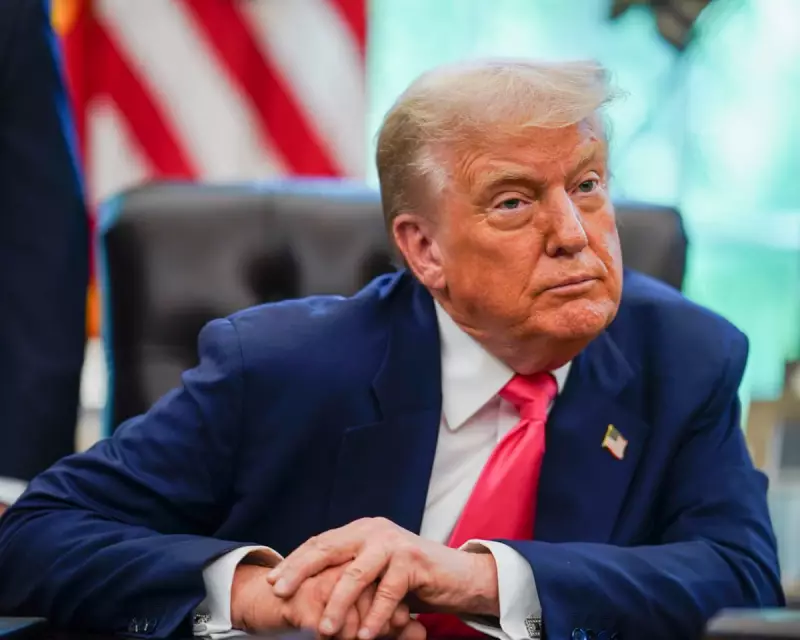
Former US President Donald Trump has ignited a global firestorm with a social media post calling for an international economic boycott of Gaza, plunging digital diplomacy into uncharted waters and drawing fierce condemnation from world leaders.
The Tweet That Shook Global Diplomacy
In a move that has sent shockwaves through international relations, Trump used his substantial social media platform to advocate for complete economic isolation of the Gaza Strip. The controversial post, which appeared on X (formerly Twitter), immediately triggered a cascade of diplomatic responses and public outrage across multiple continents.
International Backlash and UK Response
British officials were among the first to condemn the remarks, with Downing Street sources describing the statement as "deeply unhelpful" to ongoing peace efforts. The Foreign Office is understood to be preparing a formal response amid concerns that such rhetoric could destabilise already fragile negotiations in the region.
European leaders have joined the chorus of criticism, with several EU foreign ministers scheduling emergency meetings to discuss the implications of such statements from a former world leader still wielding considerable political influence.
Free Speech Versus Digital Responsibility
The incident has reignited the fierce debate about the boundaries of free speech on digital platforms, particularly when concerning influential political figures. Legal experts are divided on whether such calls for economic boycotts violate platform policies or international law.
Social media companies now face renewed pressure to clarify their position on content that advocates for economic measures against conflict zones, with digital rights groups calling for immediate policy reviews.
Political Fallout and Electoral Implications
Analysts suggest the timing of Trump's intervention could significantly impact international relations and domestic politics on both sides of the Atlantic. With several key elections approaching, world leaders are carefully navigating their responses to balance diplomatic concerns with domestic political considerations.
The controversy has also highlighted the evolving nature of digital diplomacy, where a single social media post can trigger international incidents and require coordinated diplomatic responses from multiple governments.
As the situation continues to develop, the incident serves as a stark reminder of how social media has transformed international relations, creating instant global platforms for political figures while testing the boundaries of diplomatic convention and digital responsibility.





